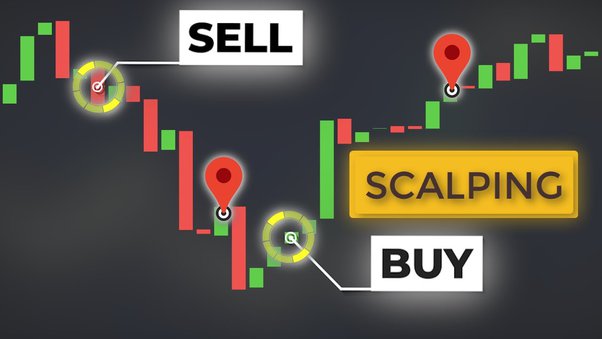
The cryptocurrency market has witnessed exponential growth and transformation over the past decade, creating a dynamic environment for traders and investors. In this deep dive into the evolving landscape of cryptocurrency trading, we will explore key trends shaping the market and strategies to navigate this unique and often volatile space.
Market Maturation and Institutional Involvement:
The cryptocurrency market has evolved from its early days as a niche technology experiment to a maturing financial ecosystem. Institutional players, including hedge funds, investment banks, and major corporations, are increasingly participating in the market. This influx of institutional capital has brought a level of stability and legitimacy to the cryptocurrency space.
Rise of Altcoins and Tokenization:
While Bitcoin remains the flagship cryptocurrency, the market has seen the rise of numerous altcoins, each with its unique use case and features. Additionally, the concept of tokenization, where real-world assets are represented as digital tokens on a blockchain, has gained traction. This trend opens up new possibilities for trading a diverse range of assets on blockchain platforms.
DeFi (Decentralized Finance) Revolution:
Decentralized Finance, or DeFi, has emerged as a revolutionary trend within the cryptocurrency space. DeFi platforms leverage blockchain technology to recreate traditional financial services such as lending, borrowing, and trading in a decentralized manner. Traders are increasingly exploring the opportunities presented by DeFi protocols, but they also face new challenges and risks inherent in this decentralized landscape.
Regulatory Developments and Compliance:
As the cryptocurrency market continues to mature, regulatory scrutiny has increased globally. Governments and regulatory bodies are working to establish frameworks for cryptocurrency exchanges and other related services. Traders need to stay abreast of regulatory developments to ensure compliance and mitigate legal risks associated with cryptocurrency trading.
Security Concerns and Risk Mitigation:
Cryptocurrency markets are not immune to security threats, including hacking and fraud. Traders must prioritize security measures such as using reputable exchanges, implementing two-factor authentication, and securing private keys. Understanding the risks and adopting robust security practices is crucial for safeguarding digital assets in the cryptocurrency trading landscape.
In summary, cryptocurrency trading presents both opportunities and challenges in an ever-evolving landscape. Traders who stay informed about market trends, embrace technological advancements, and remain adaptable to regulatory changes are better positioned to navigate the dynamic world of cryptocurrency trading successfully. As the market continues to mature, it is likely to offer new and innovative opportunities for traders seeking to capitalize on the transformative potential of blockchain technology.
